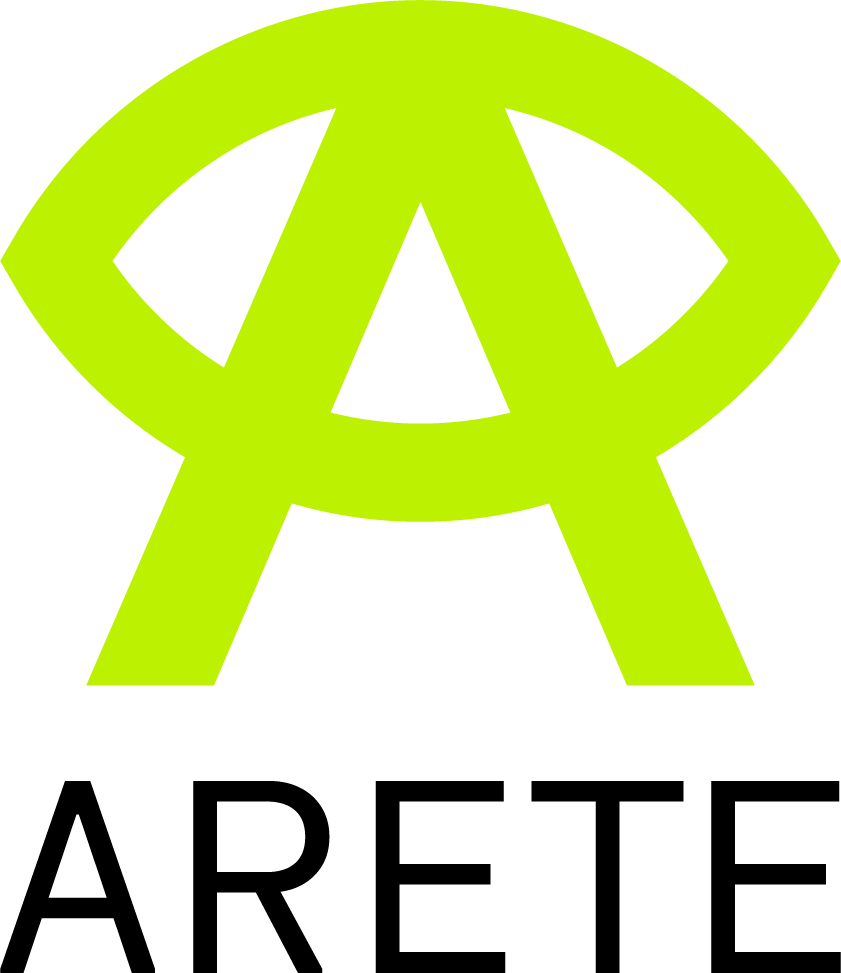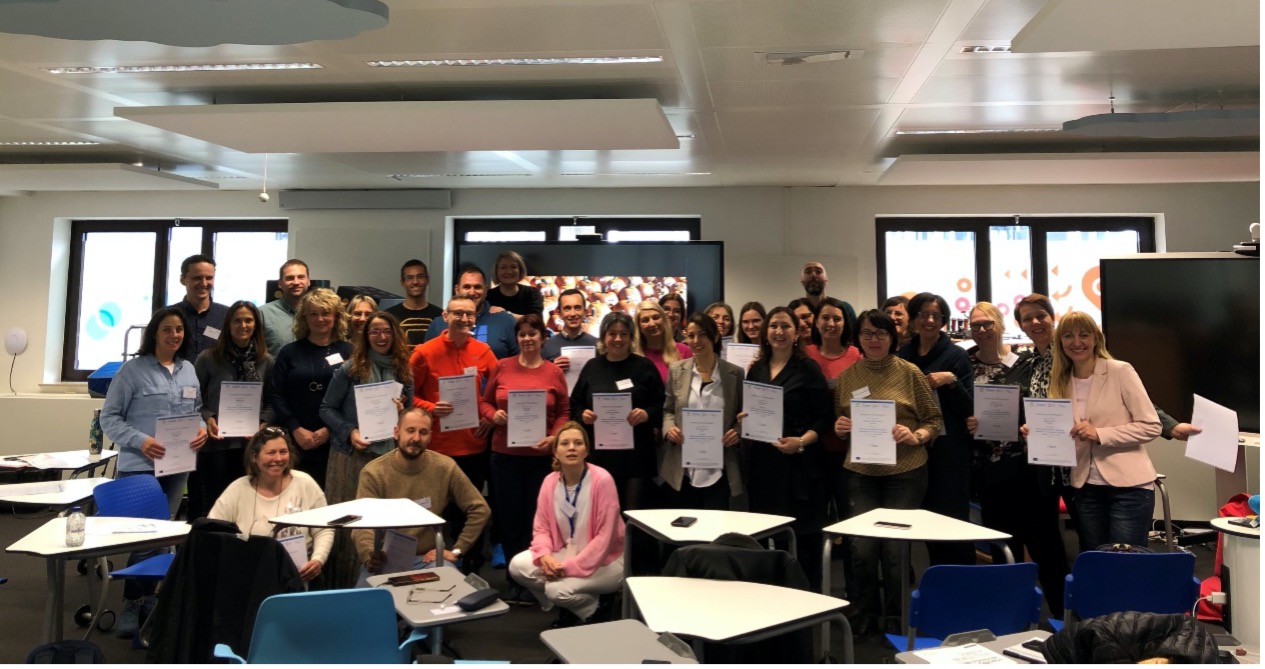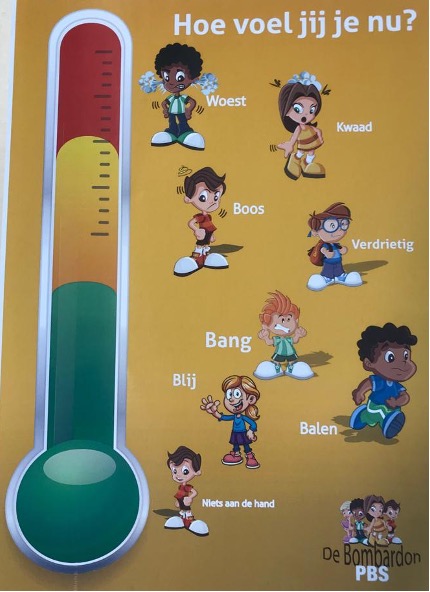Exploring Technology Based Literacy Programmes
Reading and writing skills provide a foundation for learning, they are today being recognised as a human right that can either open doors to progress and personal, educational and socioeconomic advancement or can firmly lock one into a cycle of illiteracy and underachievement. It is recognised world-wide that a 1/3 of the world’s population are reading below par for their age, and the largest proportion evident within the lower socio-economic groups. The incidence of spelling difficulties is not widely documented and as a result is largely unknown. However, it is a more complex task than reading and it is reasonable to assume that the prevalence of spelling difficulties will equate to those of reading. Taking cognizance of the fact that there is a very high incidence of literacy difficulties globally, it is somewhat surprising that, until now, there has not been a greater focus from an EdTech perspective on resolving this problem. It is only now with the exponential growth of EdTech that there is an opportunity to finally address the problem of illiteracy.
Following extensive literature reviews of studies conducted over the last ten years, market research on currently available ‘State of the Art’ EdTech literacy products and direct consultation with industry experts we have derived the following conclusions:
Although there are a plethora of EdTech products and computer assisted instruction (CAI) software to teach English literacy skills or remediate literacy difficulties (Inns et al 2019, Alqahtani 2020) few provide a complete evidence based ‘solution’ which is aligned with the ‘Science of Reading Instruction’ pedagogy. This pedagogy focuses on the five pillars of early reading: phonemic awareness, phonics, comprehension, vocabulary and fluency’ (National Reading Panel 2000). It is a pedagogy that stresses the importance of explicit and systematic teaching of decoding, which has consistently given students a clear learning advantage. (Shanahan 2020). This approach is used in the online WordsWorthLearning programme - which was developed by a Speech & Language Therapist / Dyslexia Specialist and is now being converted into an App as part of the EU Funded H2020 Arete Project .
Focusing purely on EdTech and the area of literacy development programmes, we have found NO complete literacy products i.e. from learning speech sounds and literacy rules to reading and spelling multi-syllable words in sentences, that offer AR as a feature. There are some ‘bit-part’ literacy solutions such as the AR alphabet letter cards offered by for e.g. Octagon ‘Animal 4D+’ Augmented Reality Flashcards, Oobedu ‘World of Alphabet’ 26 AR alphabet cards, or Indiegogo ‘Alphabet Corner’ AR cards for the alphabet or very rudimentary spelling APP’s such as ‘Catchy Words’ AR Game for Spelling. None provide a full literacy solution that has the capability, when followed as directed, to positively alter or transform the literacy skills of the participant.
WWL, which is the EdTech programme employed in the H2020 ARETE Pilot 1 project, offers an ‘end to end’ literacy programme that has both a general educational and remedial focus. The outcome of our research and consultation has shown that this innovative and impactive EdTech ‘modus operandi’ is currently not available anywhere else.
The ARETE Pilot 1 project, by nature of its pedagogical content and technical State of The Art innovation is ‘breaking new ground’ and potentially ‘disrupting’ education as we know it.
“BIG RESULTS REQUIRE BIG AMBITIONS”
HERACLITUS (544BC – 483 BC)
Rita Treacy,
WordsWorth Learning Ltd.
References:
Alqahtani S. (2020) Technology-based interventions for children with reading difficulties: a literature review from 2010 to 2020 Education Tech Research Dev (2020) 68:3495-3525. Association for Educational Communications and Technology 2020.
Inns et al (2019) A Quantitative Synthesis of research on Programs for Struggling Readers in elementary Schools. Best Evidence Encyclopedia (BEE) John Hopkins University School of Education’s Center for research and Reform in Education. pp,1-93
National Reading Panel (2000) Teaching Children to Read: An evidence Based assessment of the scientific research literature on reading and its implications for reading instruction. Rockville, MD: National Institute of Child Health and human Development.
Shanahan T. (2020) What Constitutes a Science of Reading Instruction? International Literacy Association. Reading Research Quarterly 0(0) pp,1-13 doi10.1002/rrq.349



